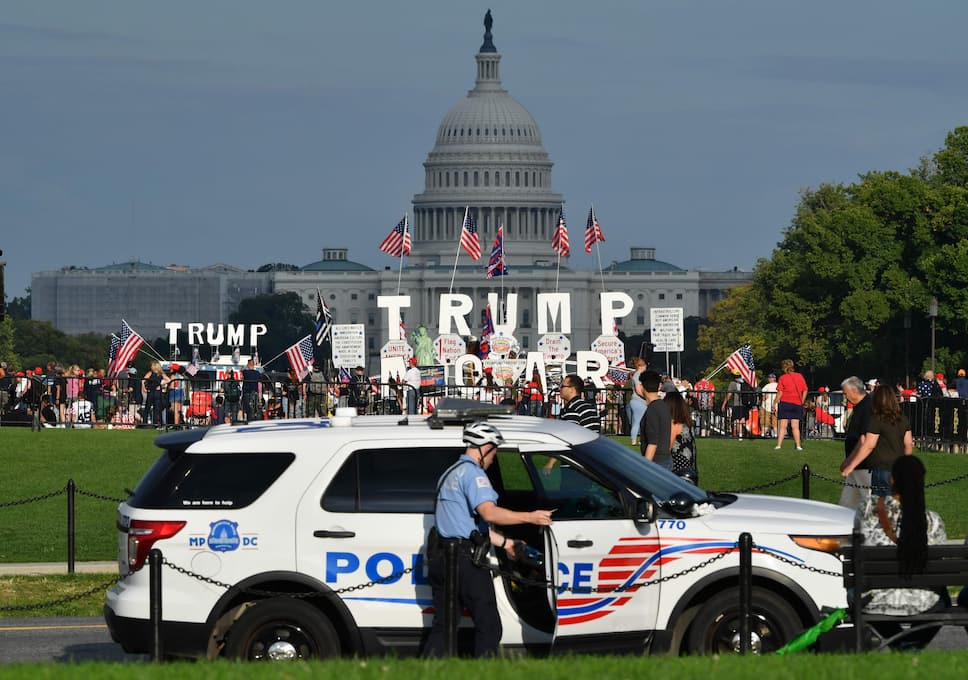For All Mankind: A Shadow of the Cold War and Imperialist Hegemony in a Reimagined History
The first season of For All Mankind begins by subverting history as the U.S. and Soviet Union compete in a space race. The Soviet Union is the first country to succeed in stepping foot on the Moon, while the U.S. hurries to catch up yet is far behind in many respects. Describing the development of America’s space activity through this reshaped history is really unexpected and creates a lot of dramatic tension. Add to that the societal changes happening when John F. Kennedy was president, and the show is steeped in a historic feel, wrapped in the package of a melodrama.
The second season jumps a decade, beginning with Reagan's speech in which he pledges to revitalize America. The Cold War is still the same, and the Soviet Union remains the greatest threat to the U.S. and world peace. Under this premise, the plot follows the U.S. and Soviet Union as they build bases on the Moon. NASA officials and astronauts from the first season are fulfilling humanity’s lofty ideals of space exploration on the one hand, while dealing with the tempest created by the Cold War on the other.
This is where American dramas reveal their specialty: through character design and plot narration, they can always appeal to sentiment by movingly describing the emotional entanglements and family turmoil of characters, while introducing ideas about social issues, historical predestination and American justice. And so, we see, among others, an adopted Vietnamese daughter who wants to follow in the heroic footsteps of her father’s career but is prevented, a closeted female protagonist who wants to hold onto true love and come out but has difficulty letting go of career entanglements, a divorced couple who navigate the awkwardness of returning to space, and immigrants who have a hard time integrating into America. Suffused with these everyday emotions, the show makes the Cold War, and even the hegemony of American imperialism, seem warm and moving.
In fact, the existence of the Soviet Union and Cold War is indispensable in modern American popular and commercial narratives. Only with this kind of villain can one prove one’s own rationality; that is to say, only with the existence of a villain or enemy can one rationalize one’s behavior — or carry weapons to the Moon and take back a mining site, as the American astronauts do in the show. This is necessary for the Cold War conflict and necessary for a ruler to hold onto power. It is the way America holds onto hegemony. In the series, it is the Americans, who attack first, who eventually become the great people and nation that creates world peace. For All Mankind proves that the U.S. always uses its narratives to command influence!

